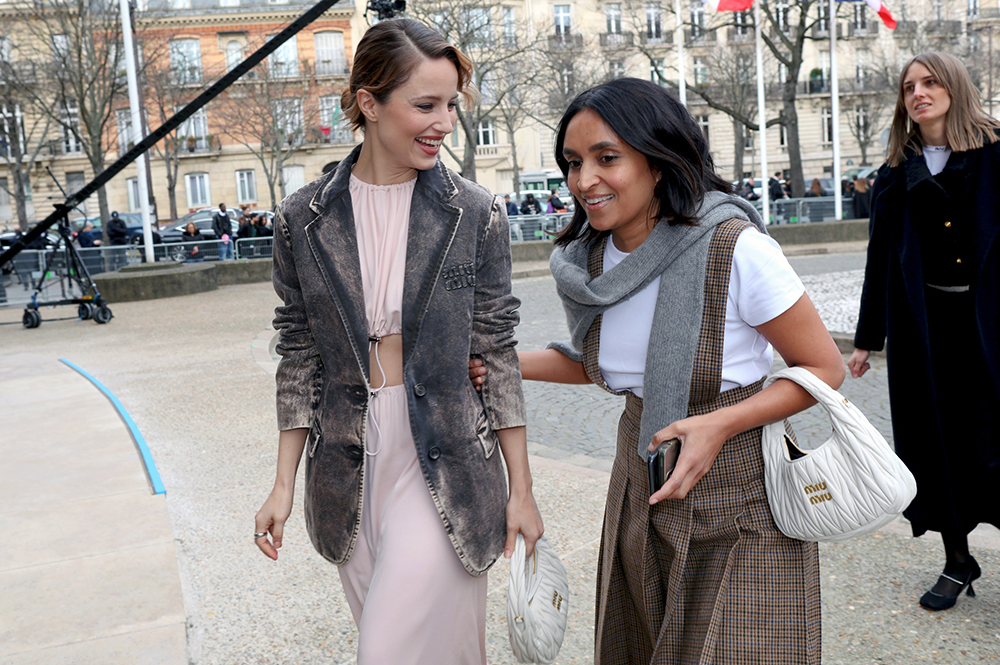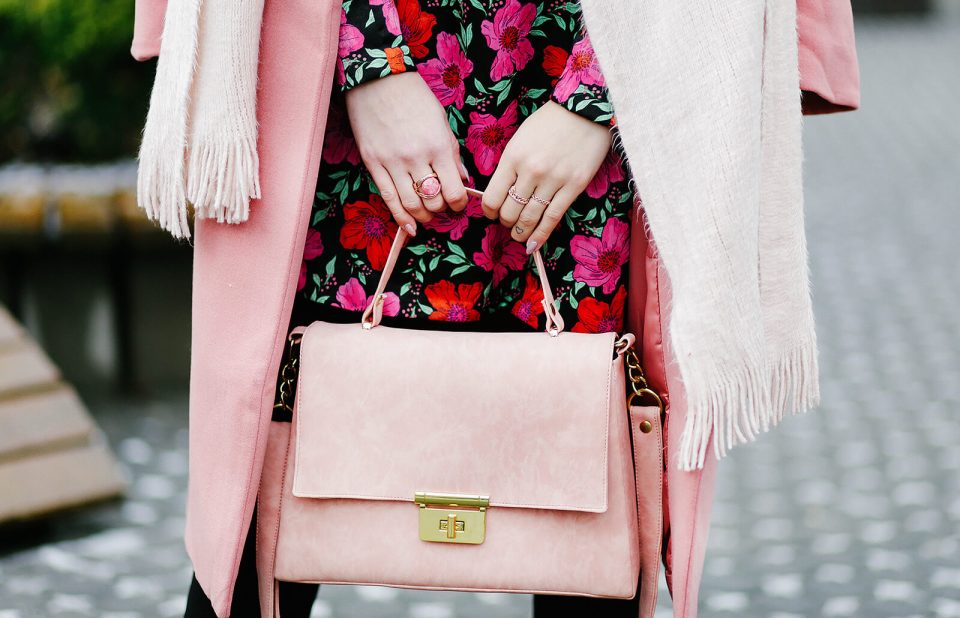As you stand at the counter, ready to make a substantial investment in your newest handbag, elegantly wrapped and protected by a dust bag, have you truly given this purchase enough pre-purchase consideration? Or was it simply an impulsive and whimsical buy?
It’s essential to distinguish between an ‘investment’ bag and an ‘It’ bag; the former being a carefully thought-out addition to your bagdrobe, a timeless and versatile purchase that transcends seasons and complements your wardrobe. On the other hand, the latter can be risky, as it often sparks an infatuation with a bag that’s either a widespread desire or excessively trend-focused, lasting merely one season or, at times, a single outing!
With a vast array of new season statement bags rebranded as ‘investment bags’ flooding the fashion scene, it’s high time to become well-versed in the realm of arm candy savvy!

1. Do not buy the bag immediately after it arrives in store.
A high-quality handbag is a good investment, as it will be used for a long time. Avoid popular designer bags if you are the type of shopper that hates wearing what others wear. They will disappear as soon as they become available.
You can wait to buy the bag for around two months after each new season, so you can go out and do some street spotting. See how many times you see your favourite design. Popular colours and designs will be snapped up quickly, while the ones left behind are rarely seen on the street.
2. Avoid the safest colour choices
Avoid the usual shades of black or tan. Mulberry Alexa Pandemic anyone? You’ll be guilty of number 1 if you choose safe colourways (read: boring).
Choose a bag with a different colour. The 3.1 Phillip Lim Pashli Satchel in petrol green or aubergine is exemplary. Unpopular colours can be cheaper than popular colors.
3. It is not a good idea to reduce your workforce due to a price increase or a decrease in finished goods.
This is for you if you’re like us and prefer cute packaging to the bigger picture. Do not buy a miniature version of a costly investment bag because it is no longer in stock or slightly more expensive. Handbag shoppers who are new to the world of handbags often make this classic mistake. They’re driven solely by their desire to add a bag to an ever-growing collection.
Celine Boston Tote Bag is a classic example. It comes in two sizes, with a price that’s virtually the same but the difference in inches when you downsize. If you’re buying a bag to use for a long time, it should have enough room to hold all of your essentials. Order the style and size you desire and spend your money wisely if you can wait.
4. Mini messengers: Beware
We love to carry a crossbody bag but we wouldn’t call it an investment. You shouldn’t spend more than PS1000 on a bag that can only fit your Blackberry, bank card and nothing else.
Alexa’s Chanel bag is often photographed, but must she carry a lot to justify buying a bag as an investment? Nope. She probably uses other humans to transport her stuff.
5. Do not ignore function and style in favor of celerity trappings
You may be the serial squealer that spots the latest handbags in Selfridges and recognises the style of a celebrity carrying it. Then you lose all power as you pull out your bank card to buy it. But celebrities have bottomless money dispensers which allow them to purchase ten versions of the bag before it even entered Selfridges.
Do not let celebrities influence your purchasing decisions. Instead, consider whether the item complements your style and your wardrobe as a whole. Clear out your wardrobe and see what you have left before purchasing an investment bag.
Keep in mind the reason you purchased a specific investment bag. Was it for your laptop or iPad? You may need to carry lots of folders if your job requires a lot of paperwork. You will only curse that celebrity when your Mac Book is soaked by a torrential rain.
6. Don’t dismiss handbag sales
Sale Shopping is a tedious task. But with handbags you don’t have to worry about ‘can’t get my size’. And often, prices for popular colours from end-of season stock are markedly reduced.

